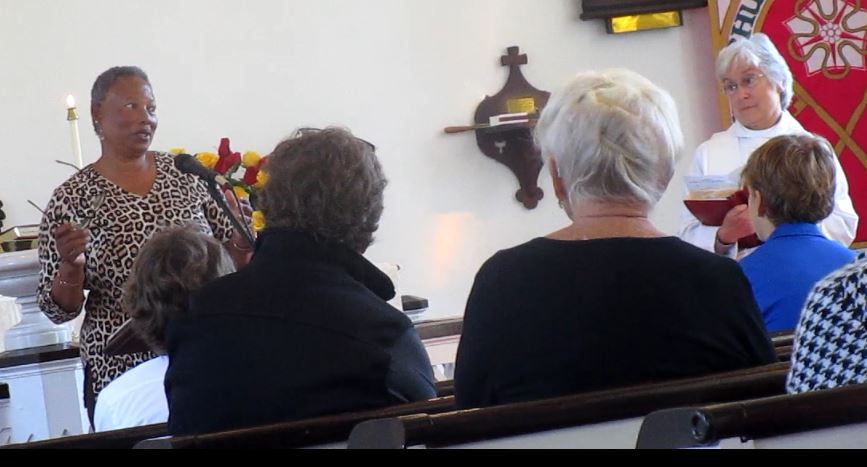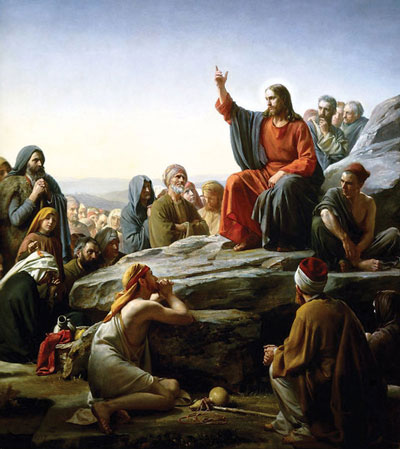Tour notes are here
St. Peter’s Sacred Ground group had a wonderful fall tour of the Patawomeck Indian settlement just east of Fredericksburg on Route 17 on Nov. 8, 2023. The goal of the visit was to understand their history and culture as well as our role as well. They are one of 11 tribes recognized by Virginia.
There is the 1915 home originally owned by Duff Green that has two rooms of history plus an outside village that opened just this year in July. It is a “work in progress”. The tribe did most of the work to repair the house and create the village.
The tribe originally settled in North Stafford but moved south when Quantico took some of the land. The Indians played a major role in helping the Jamestown colony survive during the winter of 1609-1610 (“the starving time”). Unfortunately, the English did not return the favor but pushed them out. A group settled near us in Port Royal from 1750 to 1820 when they then moved to the Little Falls area of Stafford County and coalesced. There are 2,500 in the tribe today. Thanks to Brad Hatch, a member of tribe and Tribal Council for his tour. An excellent tour and definitely a site worth visiting!


